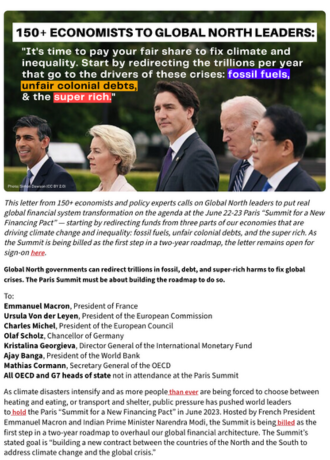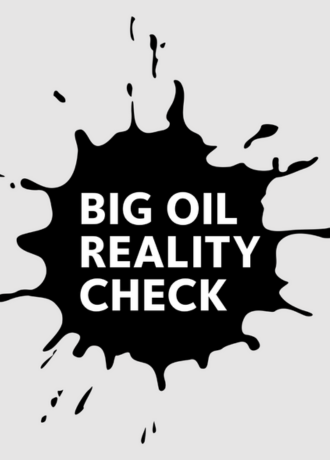
Planet Wreckers: How Countries’ Oil and Gas Extraction Plans Risk Locking in Climate Chaos
Oil Change International research shows that only 20 countries, led overwhelmingly by the United States, are responsible for nearly 90 percent of the carbon-dioxide (CO2) pollution threatened by new oil and gas fields and fracking wells planned between 2023 and 2050. If this oil and gas expansion is allowed to proceed, it would lock in climate chaos and an unlivable future.








